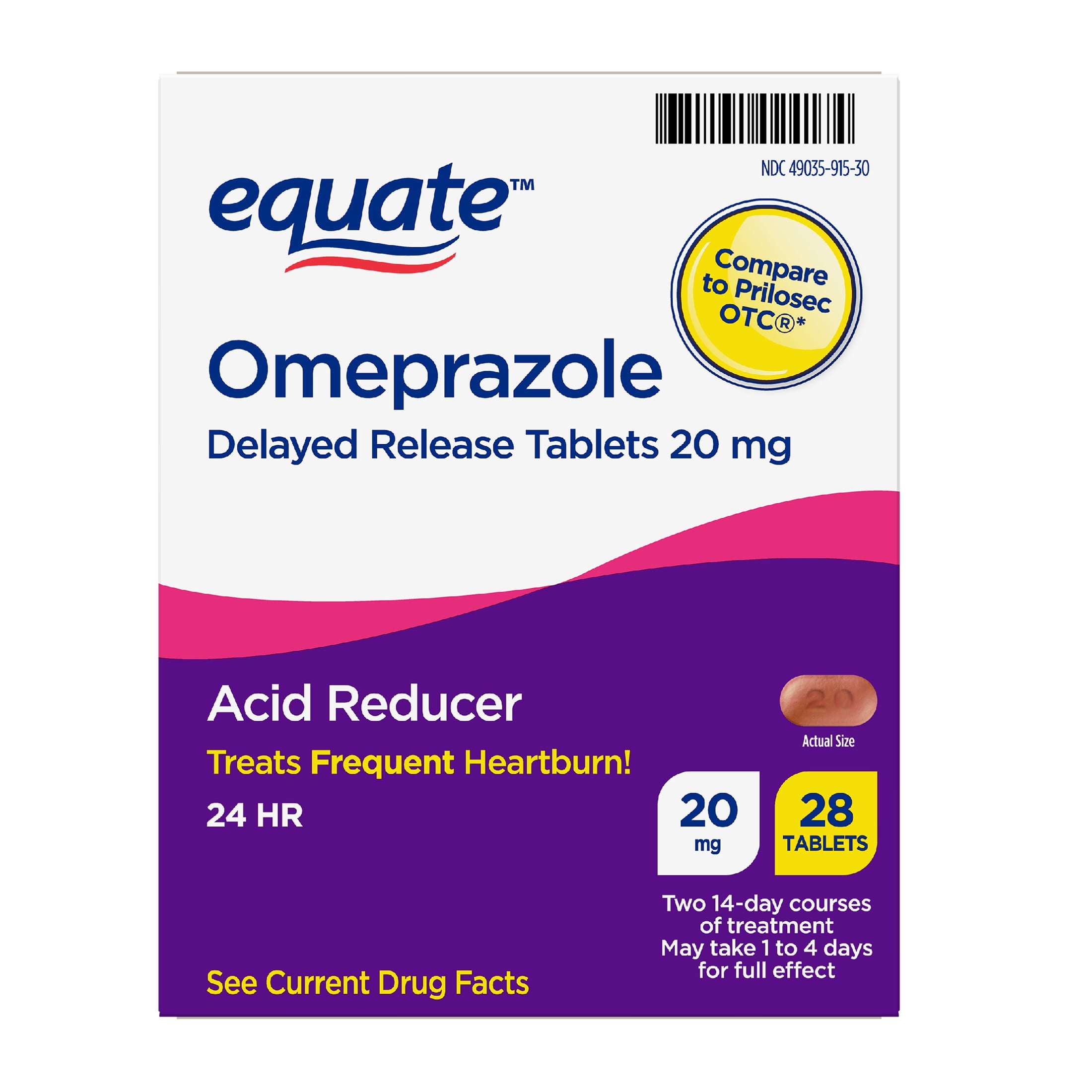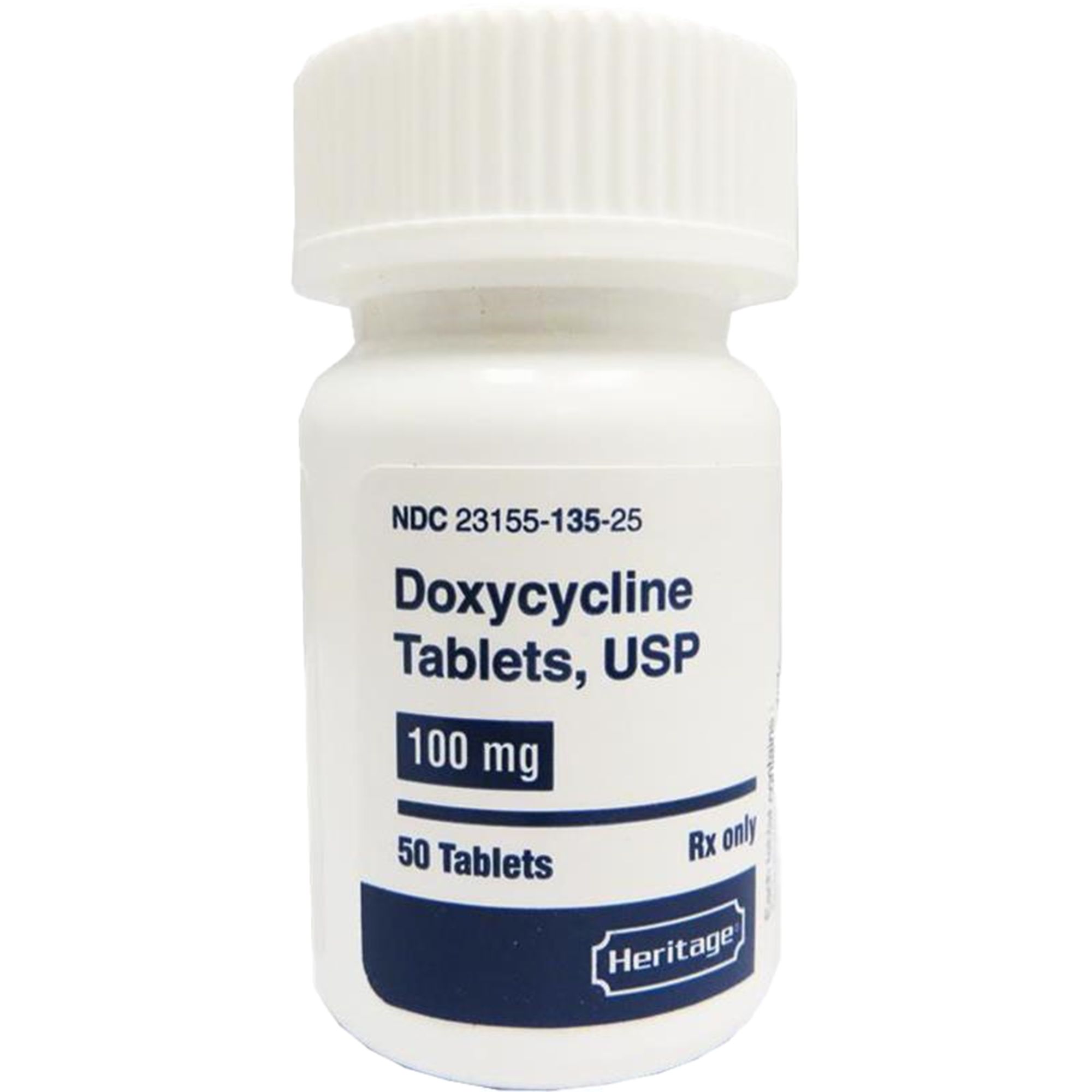What Is Omeprazole 40Mg Dr? Acid Reflux Relief

Omeprazole 40mg DR, or delayed-release, is a medication commonly prescribed to treat conditions such as gastroesophageal reflux disease (GERD), also known as acid reflux, and other disorders where the stomach produces too much acid. It belongs to a class of drugs called proton pump inhibitors (PPIs), which work by reducing the amount of acid made by the stomach glands.
Acid reflux, or GERD, occurs when stomach acid frequently flows back into the tube connecting the mouth and stomach (esophagus). This backwash (acid reflux) can irritate the lining of the esophagus, causing discomfort. Symptoms of acid reflux include heartburn, coughing, wheezing, and chest pain, among others. If left untreated, GERD can lead to more serious health issues, including inflammation of the esophagus (esophagitis), narrowing of the esophagus (stricture), and a condition called Barrett’s esophagus, which can increase the risk of esophageal cancer.
How Omeprazole Works
Omeprazole functions by irreversibly inhibiting the H+/K+ ATPase (proton pump) in the gastric parietal cells. The proton pump is the mechanism by which these cells secrete gastric acid. By inhibiting this pump, omeprazole significantly reduces gastric acid secretion. This action helps to heal and prevent ulcers in the stomach and intestines and to treat symptoms of GERD and other conditions involving excessive stomach acid.
Dosage and Administration
Omeprazole 40mg DR capsules or tablets are typically taken once a day, before a meal, in the morning. The delayed-release formulation is designed to release the drug after it leaves the stomach, reducing the potential for stomach upset. It’s crucial to swallow the capsules whole and not to crush, chew, or split them to maintain the delayed-release action.
Side Effects and Considerations
While omeprazole is effective in treating acid reflux and other conditions, it can cause side effects. Common side effects include headache, diarrhea, nausea, vomiting, and stomach pain. More serious side effects, though rare, can include severe allergic reactions, kidney damage, bone fractures, and vitamin B12 deficiency. It’s essential to discuss any concerns or existing health conditions with a healthcare provider before starting omeprazole.
Long-Term Use Considerations
Long-term use of PPIs, such as omeprazole, has been associated with several risks, including an increased risk of osteoporosis-related fractures of the hip, wrist, or spine, vitamin B12 deficiency, and low levels of magnesium in the blood. Regular monitoring and review of the need for continued treatment are recommended.
Alternatives and Lifestyle Changes
For individuals who prefer not to take medication or wish to minimize their reliance on PPIs, several lifestyle changes can help alleviate acid reflux symptoms. These include maintaining a healthy weight, avoiding trigger foods (such as citrus fruits, tomatoes, chocolate, and spicy or fatty foods), elevating the head of the bed by about 6 inches to reduce reflux while sleeping, quitting smoking, and wearing loose-fitting clothing to reduce pressure on the stomach.
Conclusion
Omeprazole 40mg DR is an effective treatment for acid reflux and other conditions involving excessive stomach acid. By understanding how it works, its potential side effects, and the importance of proper administration, individuals can make informed decisions about their treatment plan. Always consult with a healthcare provider before starting or stopping any medication, and consider incorporating lifestyle changes to help manage symptoms and reduce reliance on medication.
Practical Steps for Managing Acid Reflux
- Keep a Food Diary: Tracking the foods you eat and the symptoms you experience can help identify trigger foods.
- Practice Good Eating Habits: Eating smaller, more frequent meals can reduce symptoms of acid reflux.
- Stay Hydrated: Drinking plenty of water can help with digestion and reduce symptoms.
- Exercise Regularly: Gentle exercises, like walking, can help improve digestion and reduce acid reflux symptoms.
Addressing Concerns
For those concerned about the long-term use of omeprazole or PPIs, there are steps to mitigate risks: - Regular Check-Ups: Regular health check-ups can monitor for potential side effects and adjust treatment. - Dietary Changes: Incorporating foods that can help reduce stomach acid production, such as ginger and aloe vera, into your diet. - Stress Reduction: High stress levels can exacerbate acid reflux symptoms; practicing stress-reduction techniques like meditation or yoga can be beneficial.
Misconceptions About Acid Reflux Treatment
One common misconception is that antacids are sufficient for treating all cases of acid reflux. While antacids can provide quick relief for mild heartburn, they may not be effective for more severe cases or for long-term management. PPIs like omeprazole are often prescribed for their ability to provide more potent and longer-lasting relief.
Future Developments
Research into new treatments for acid reflux and GERD continues, with a focus on developing medications or therapies that can offer relief with fewer side effects. Innovations in drug delivery systems and the development of new classes of drugs that target different aspects of acid production or esophageal function are areas of ongoing investigation.
Decision Framework for Treatment
When deciding on a treatment plan for acid reflux, consider the following: - Severity of Symptoms: More severe symptoms may require prescription medications like omeprazole. - Lifestyle and Habits: Individuals with triggers like obesity, smoking, or certain dietary habits may need to address these issues as part of their treatment plan. - Health Status: Existing health conditions, like osteoporosis or kidney disease, can influence the choice of medication. - Personal Preferences: Some individuals may prefer to try lifestyle changes or over-the-counter medications before moving to prescription strength drugs.
Pros and Cons of Omeprazole
Pros:
- Effective in reducing stomach acid production
- Available in various formulations, including generic versions
- Can be used for several conditions, including GERD, ulcers, and Zollinger-Ellison syndrome
Cons:
- Potential for side effects, including common ones like headache and diarrhea, and rarer but more serious effects
- Long-term use is associated with increased risk of certain health issues, such as osteoporosis-related fractures
- May interact with other medications
FAQs
What is the most common side effect of omeprazole?
+Headache is one of the most common side effects of omeprazole, though it's generally mild and temporary.
Can I take omeprazole with other medications?
+It's crucial to discuss all medications, including over-the-counter drugs and supplements, with your healthcare provider before starting omeprazole, as interactions can occur.
How long does it take for omeprazole to start working?
+Omeprazole can start to reduce acid production within a few hours of the first dose, but it may take several days for the full effect to be noticeable and for symptoms to improve.
Can I stop taking omeprazole suddenly?
+No, it's recommended to gradually reduce the dose under the guidance of a healthcare provider to minimize the risk of rebound acid hypersecretion.
Conclusion
Omeprazole 40mg DR is a potent tool in the management of acid reflux and related conditions. By understanding its mechanism, potential side effects, and the lifestyle changes that can complement its use, individuals can better navigate their treatment options. Always consult with a healthcare provider to determine the best course of action for your specific situation.



